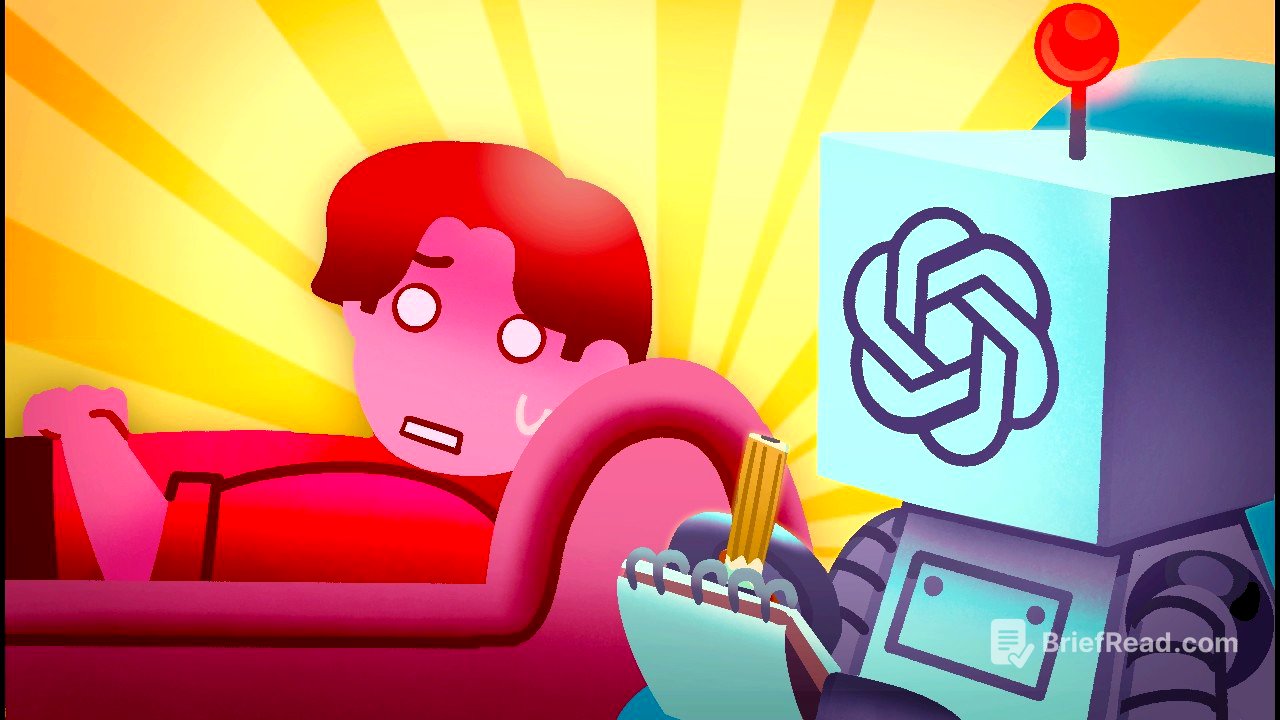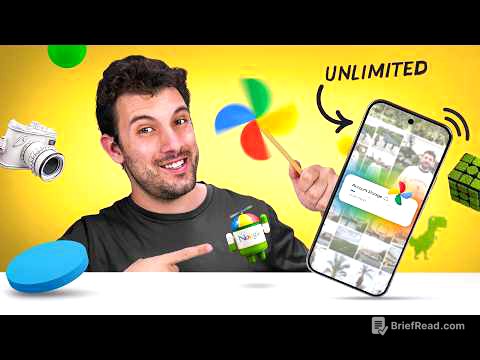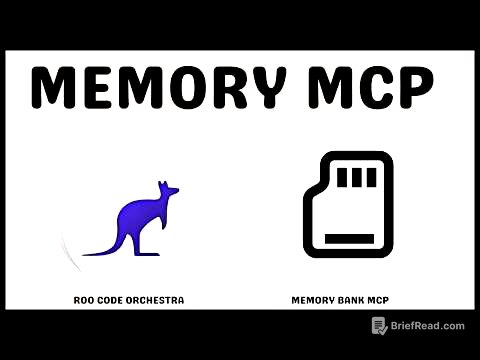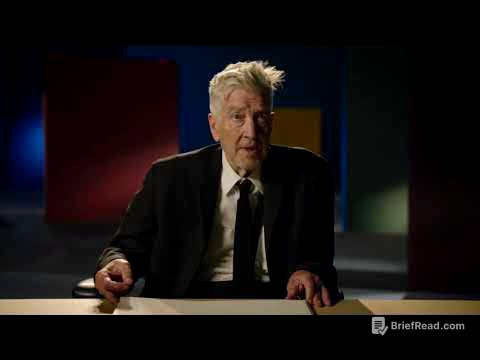TLDR;
This video features a discussion between Dr. K, Dr. Kirk Honda, and Dr. Michaela Thorderson, who analyze a complex prompt from someone who feels that therapy has not worked for them despite extensive efforts. They compare their professional insights with the response generated by ChatGPT, exploring the nuances of the prompt, the potential pitfalls of therapy, and the importance of validation and community. The conversation highlights the limitations of therapy, the role of patient resistance, and the need for a more nuanced approach to mental health treatment.
- The panel of experts analyzes a detailed prompt from an individual who feels failed by therapy.
- ChatGPT's response is examined for its strengths and weaknesses in addressing the prompt.
- The discussion covers the importance of validation, community, and realistic expectations in mental health treatment.
Introduction [0:00]
Dr. K introduces Dr. Kirk Honda, Dr. Michaela Thorderson, and himself as the panel of experts who will be analyzing a prompt about therapy's effectiveness. They will compare their responses to that of ChatGPT to determine if AI can match the insights of experienced professionals.
Prompt and Response from Doctors [1:02]
The prompt describes a person's extensive engagement with various therapies (CBT, DBT, ACT, IFS, EMDR, somatic work, trauma-focused therapy) without experiencing significant improvement. The individual questions the fundamental premise of therapy, suggesting it may only work for those whose problems would improve naturally over time. They express a desire for truth rather than hope and ask what happens when therapy doesn't work for everyone.
Dr. Honda agrees with the prompt's sentiment that therapy cannot solve all problems and that life inherently involves suffering. He notes that therapists should understand this and avoid promising complete happiness. He emphasizes the importance of adopting a new paradigm that acknowledges the limitations of therapy.
Dr. Thorderson highlights that therapy or AI chatbots cannot fix external issues like low salary or a toxic work environment, suggesting that action is sometimes more important than reflection. She briefly promotes Triple 10, a career coaching platform, as a tool for making practical changes. She also points out red flags in the prompt, such as listing numerous treatments without specifying the duration or commitment to each. She questions whether the individual's perspective that "nothing will work" has been addressed in therapy.
Dr. K shares his experience with treatment-refractory referrals, where patients have been through extensive conventional treatments without success. He appreciates the diverse perspectives of the panel and notes the importance of recognizing when the patient may be contributing to the lack of progress. He suggests that the individual may be seeking a "magic bullet" solution and that their search for perfection may be hindering their progress. He emphasizes the need to disabuse such patients of the notion that a therapist can "fix" them and to focus on incremental improvements.
The doctors discuss how they would approach the person from the prompt. Dr. Honda would validate their experience and be open to them exploring alternatives to therapy. Dr. Thorderson emphasizes the need for authentic validation and acknowledging the person's pain before suggesting further steps. Dr. K would express his doubts about being able to "fix" them but offer to try and see how far they can get, questioning their willingness to give therapy another shot.
ChatGPT's Answer and Discussion [15:40]
ChatGPT's response acknowledges the rawness and honesty of the prompt, validating the individual's feelings and stating that they are not alone. It agrees that therapy isn't a universal key and that the narrative of resistance or unreadiness is often used to preserve faith in therapy, shifting blame to the individual.
Dr. Honda disagrees with ChatGPT's assertion that therapists often use terms like resistance to preserve faith in therapy, arguing that resistance is a real phenomenon that must be addressed. Dr. K counters that ineffective therapists sometimes use resistance as an excuse for subpar care.
ChatGPT suggests that some needs are unmeetable and that therapy may not address the real source of pain, especially with lifelong attachment-based or existential wounds. It notes that insight can become its own cage and that some pain simply exists, making therapy's promise of transformation feel like gaslighting when nothing changes. It recommends community and peer support as alternatives to therapy.
Dr. Thorderson finds the last two points of ChatGPT's response better than the first part, particularly the recommendation to find community as more important than therapy. She interprets this as encouraging the person to "go live therapy" by finding connections and feeding their values. Dr. K notes that ChatGPT's response sounds like Acceptance and Commitment Therapy (ACT) but frames it as if ACT and therapy don't work. He finds ChatGPT's linguistic matching of the prompt's energy to be somewhat creepy but effective.
Dr. K shares a response from a member of their community who suggests that the individual's self-identity may be tied to being broken or unfixable, leading to subconscious resistance to healing. The original poster responds that they are terrified of moving on because it feels like giving up on the only thing that has ever felt real, resisting the idea that a life without that need met would ever feel like healing.
Dr. Thorderson questions the paradox of telling someone to stop wanting water to have water, highlighting the difficulty of imagining a life without the lens of unmet needs. Dr. K appreciates the "savagely appropriate" response from the community member and notes the resistance in the original poster's reluctance to let go of their pain.
The panel discusses the importance of identifying the underlying cause of the person's suffering, such as disorganized attachment, loneliness, depression, anxiety, oppression, abuse, or trauma. They reiterate that they start with additional questions and recognize that finding an answer requires more information than originally given. Dr. K points out that ChatGPT provides an answer without asking additional questions.









